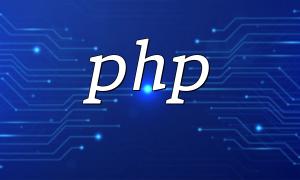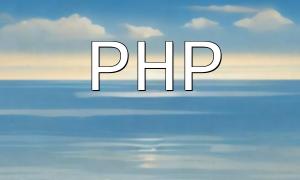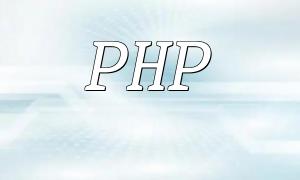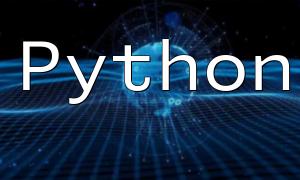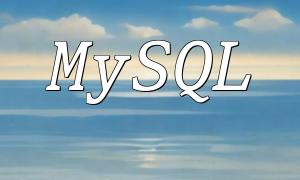PHP and Scala are both widely used for web application development. PHP is primarily object-oriented, while Scala blends object-oriented and functional programming features, offering stronger concurrency support. This article compares PHP and Scala frameworks from the perspectives of functional programming and scalability.
Functional programming emphasizes immutability and pure functions, resulting in code that is simpler, more predictable, and easier to test. While PHP mainly follows the object-oriented paradigm, it does support features like anonymous functions and callbacks, allowing limited functional programming. Scala, on the other hand, is a functional-first language with a comprehensive toolkit that enables developers to build maintainable and testable code more efficiently.
As systems grow in complexity and user base, scalability becomes critical. Most PHP frameworks are built on the traditional MVC architecture, which can pose challenges when scaling for high traffic, often requiring horizontal scaling. Scala frameworks, leveraging concurrency and the Akka Actor model, naturally support parallel processing and distributed systems, making them well-suited for large-scale, high-load applications.
Consider building a news aggregation application with PHP and Scala frameworks. Each would follow a different approach:
In this scenario, Scala frameworks provide better scalability, as the Actor model enables efficient parallel request handling.
Both PHP and Scala frameworks have their strengths. PHP frameworks are more familiar and beginner-friendly, making them ideal for building small to medium-sized applications quickly. Scala frameworks, with their functional programming strengths and scalability, are better suited for large-scale, high-concurrency systems. Ultimately, the right choice depends on project requirements and the development team's expertise.
